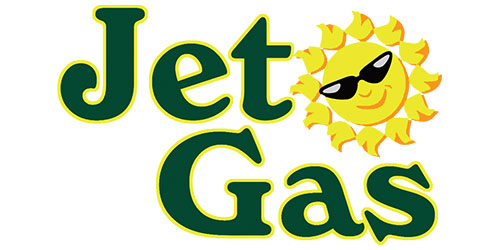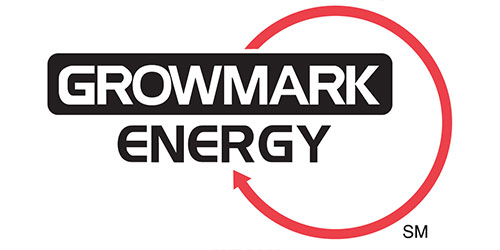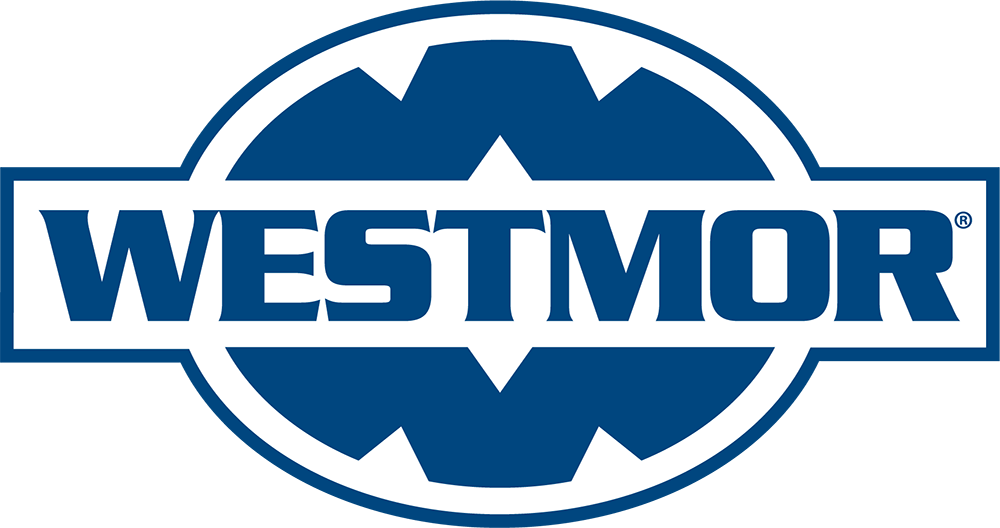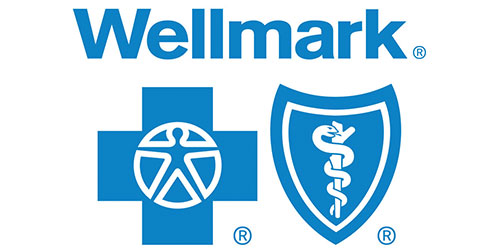
House Passes Bill Raising Minimum Wage to $15/Hour
July 23, 2019 | 
Yesterday, the House passed a bill, known as the “Raise the Wage Act,” that would raise the federal minimum wage for the first time in a decade to $15 per hour. The bill passed mostly along party lines by a vote of 231-199, with only three Republicans supporting the bill and six Democrats opposing the bill.
The legislation would more than double the minimum wage from the current $7.25 per hour to $15 per hour. The bill would also eliminate existing lower minimums for tipped workers, workers with disabilities and workers under the age of 20. The new minimum wage would be phased in over a six-year period and allows for minimum wage increases to be stopped if a study reveals that it would lead to negative impacts such as job losses. House Minority Whip Steve Scalise (R-LA) said that raising the minimum wage would “eviscerate millions of American jobs,” citing a July report from the Congressional Budget Office (CBO) saying that up to 3.7 million Americans could lose their jobs if the bill were to go into effect.
However, the bill has very little chance of becoming law because Senate Majority Leader Mitch McConnell (R-KY) has stated that he will not bring the legislation to the Senate floor for a vote. Yesterday, he said that the bill would “depress the economy at a time of economic boom,” adding, “we’re not going to be doing that in the Senate.” President Trump has also threatened to veto the legislation if it came to his desk. The White House has said the bill would “eliminate jobs and reduce total wages for American workers.”
PMAA along with many Republicans and business advocates have concerns that a high wage hike could cause hardships for some employers and that market or state and local governments should set wages, not the federal government. Twenty-nine states and Washington, D.C. have minimum wages higher than the federal $7.25, while seven states have approved $15 per hour minimum wages.






.png)









































